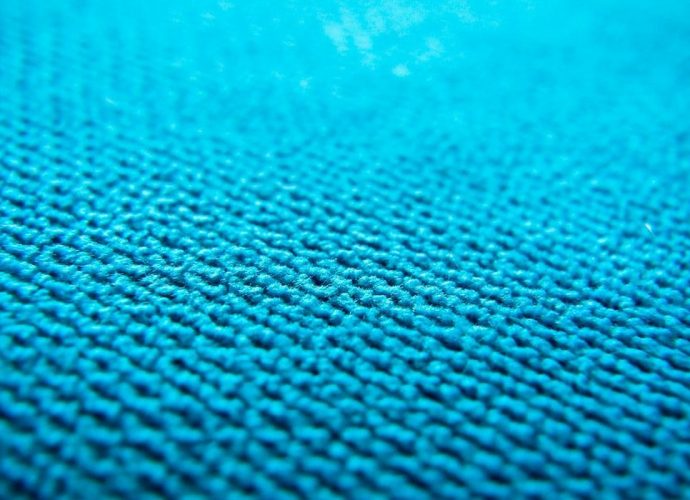Can You Put Thawed Milk Back In The Fridge?
It’s best to feed your baby a fresh bottle of breast milk from the fridge (and has been properly heated). You should not reheat milk previously frozen, as thawed breast milk will only have a very little amount of living immune cells, which prevent contamination. Can milk go back inRead More →








